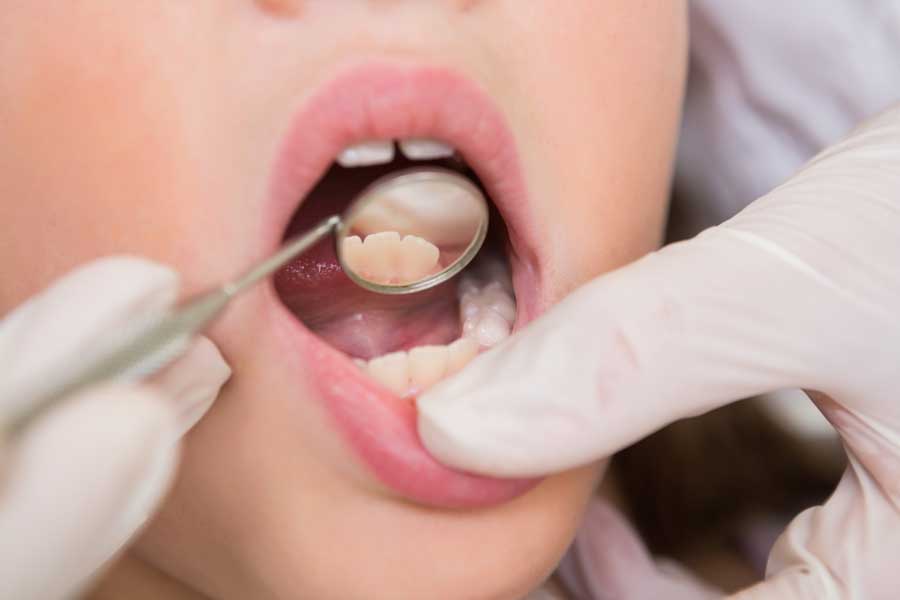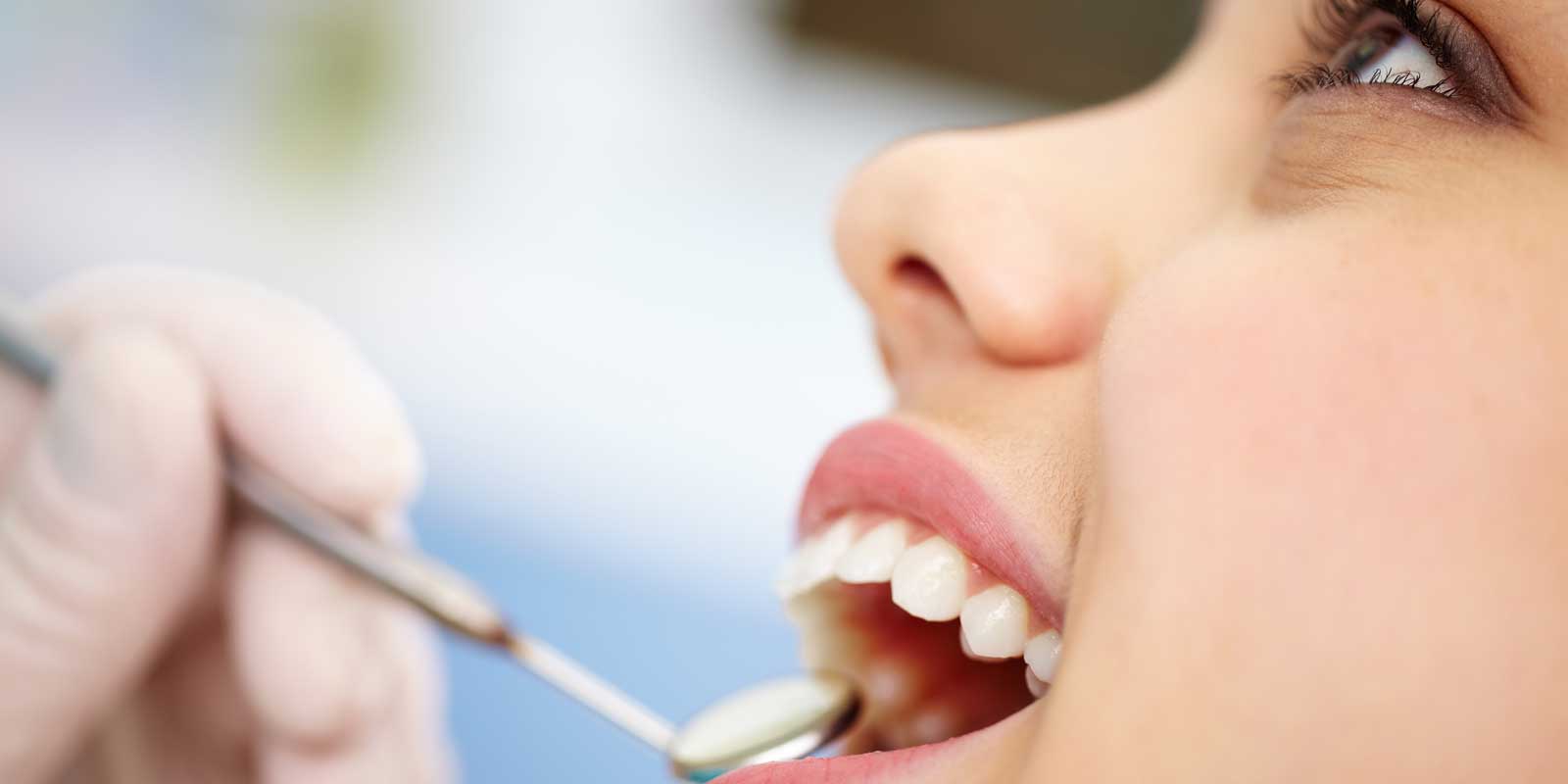
Dental Bonding
Do you have a chipped or fractured tooth, a space between your teeth, or discolored teeth? Have you tried whitening your teeth but to no avail? Do you want to transform your smile without altering the structure of your real teeth?
Table of contents
What is Dental Bonding in Cosmetic Dental Work?
Why is Composite Bonding Done?
Advantages of Cosmetic Dental Bonding
Disadvantages of Cosmetic Dental Bonding
Dental Bonding Procedure
Teeth Bonding Maintenance
How Long does Teeth Bonding Last?
Tooth Bonding Cost
What are my Options in Repairing Badly Chipped Front Teeth?
Schedule a Tooth Bonding Appointment
If so, then dental bonding might be the perfect procedure for you. Please continue reading for a detailed overview of the cosmetic dental bonding procedure.
What is Dental Bonding in Cosmetic Dental Work?
Dental bonding in cosmetic dental work is a procedure in which the dentist applies the composite resin material to your affected tooth to enhance its appearance. The composite resin material is tooth-colored and resembles your actual teeth so it blends in perfectly.
Tooth bonding is a great alternative to dental veneers because the dentist doesn’t have to physically alter the structure of your current teeth. Furthermore, the procedure can be completed in a single session. It’s known as dental bonding because the composite resin material bonds with your teeth and becomes a part of it.
Why is Composite Bonding Done?
Dental composite bonding is generally done in the following situations:
- Repairing dental decay and cavities with dental filling or bonding or composite resin.
- Repairing chipped and fractured teeth.
- Enhancing the appearance of yellowed or discolored teeth.
- Closing the gaps between teeth.
- Changing the shape of your teeth.
- Protecting the root of your tooth if it’s been exposed by gum recession.
Table of contents
What is Dental Bonding in Cosmetic Dental Work?
Why is Composite Bonding Done?
Advantages of Cosmetic Dental Bonding
Disadvantages of Cosmetic Dental Bonding
Dental Bonding Procedure
Teeth Bonding Maintenance
How Long does Teeth Bonding Last?
Tooth Bonding Cost
What are my Options in Repairing Badly Chipped Front Teeth?
Schedule a Tooth Bonding Appointment

Advantages of Cosmetic Dental Bonding
The following are some of the primary advantages of cosmetic dental bonding:
- Dental bonding is far more reasonable than other cosmetic dental procedures like dental veneers and dental crowns.
- The entire dental bonding procedure finishes in a single session whereas procedures like dental crowns and veneers require multiple sessions.
- You can get multiple teeth bonded in a single session.
- It’s minimally invasive and the dentist doesn’t have to remove any of your enamel.
Disadvantages of Cosmetic Dental Bonding
The following are some of the primary disadvantages of cosmetic dental bonding:
- Dental bonding isn’t as stain-resistant as veneers and crowns. Over time, the composite resin will get discolored.
- The material used in dental bonding isn’t very durable and is prone to fractures.
Schedule a Tooth Bonding Appointment
Dental Bonding Procedure
Dental bonding is one of the simplest cosmetic dental procedures and it doesn’t even require anesthesia. The following are the steps involved in the dental bonding procedure:
- The dentist records the exact shade of your teeth and uses a shade guide to find a composite resin that corresponds to the color of your natural teeth.
- The dentist etches the surface of the teeth to roughen the enamel. This increases the tooth’s ability to accept the bonding material.
- The dentist will pain over the tooth with a conditioning liquid so that the resin can bond to it.
- The soft and malleable composite resin material will be applied to your teeth. The dentist will also manually mold the material until it has achieved the correct shape of your tooth.
- An ultraviolet light or laser beam will be used to heat and harden the composite resin in place.
- The bonding material will be allowed to harden and then the dentist will trim it to make the final adjustments.
- The dentist will also polish the resin so that it shines and looks just like your surrounding teeth.
Teeth Bonding Maintenance
- The dental bonding material isn’t as durable or strong as actual teeth. That’s why it’s advised not to bite on nails, chew ice, or bite on any other hard substances as it may crack the resin.
- Bonding isn’t stain-resistant so you also have to be careful about that. Don’t smoke cigarettes or drink tea and coffee for at least 48 hours after the procedure to prevent staining. Even after that, you should limit your consumption of such beverages because they can stain the bonding material.
- Brush your teeth at least twice a day and floss after every meal.
- Go for all of your dental cleaning appointments regularly so the dentist can maintain your bonding.
How Long does Teeth Bonding Last?
The length of time that dental bonding lasts depends entirely on your oral habits. Generally speaking, dental bonding materials may last between 3 years to 10 years, depending on your habits. However, eventually, the bonding will need a touch-up.
Tooth Bonding Cost
Cost of tooth bonding may range from $100 to $400 per tooth, making it far cheaper than dental veneers and dental crowns. You should also note that tooth bonding isn’t often covered by dental insurance because it’s a purely cosmetic treatment. However, some insurance providers may provide partial coverage.
What are my Options in Repairing Badly Chipped Front Teeth?
If your front teeth are badly chipped, you have several cosmetic options to repair or conceal them.
- Dental Crowns: This is a procedure in which the chipped tooth will be further shaved down to a small size and a tooth cap will be placed over it to conceal it completely.
- Dental Veneers: During this procedure, the dentist will remove some of the enamel from your front teeth and attach a thin material over it to mask the fracture.
- Dental Bonding: The dentist applies a composite resin putty on your teeth and hardens it so that it fixes your badly chipped front teeth.
Schedule a Tooth Bonding Appointment
At URBN Dental Uptown , we strive to fix your smile and enhance your dental cosmetic appearance using one of the best and least invasive options possible. Our dental bonding procedure will immediately enhance the appearance of your teeth without any alterations to your actual teeth. For further information, please schedule a tooth bonding appointment today.
